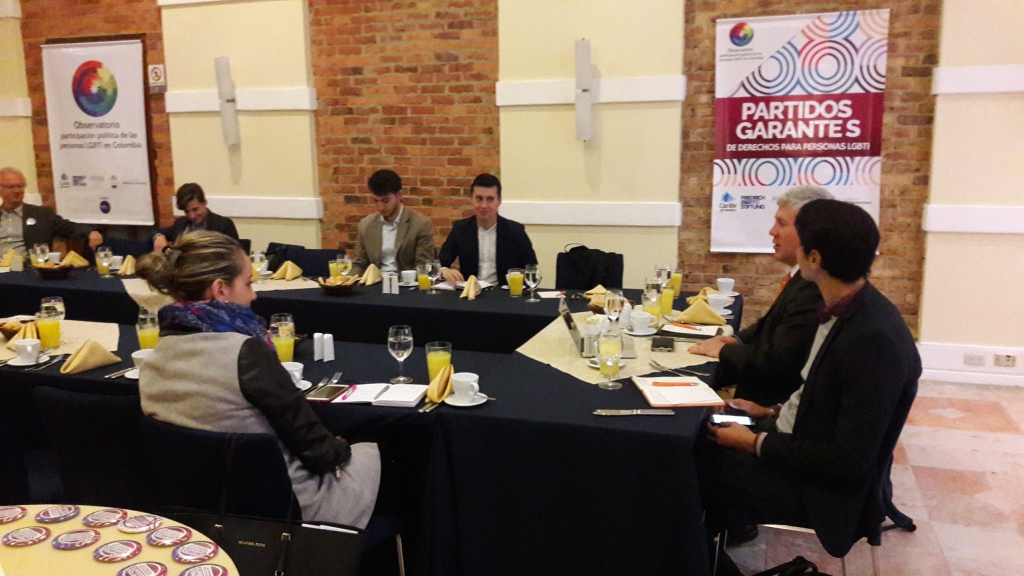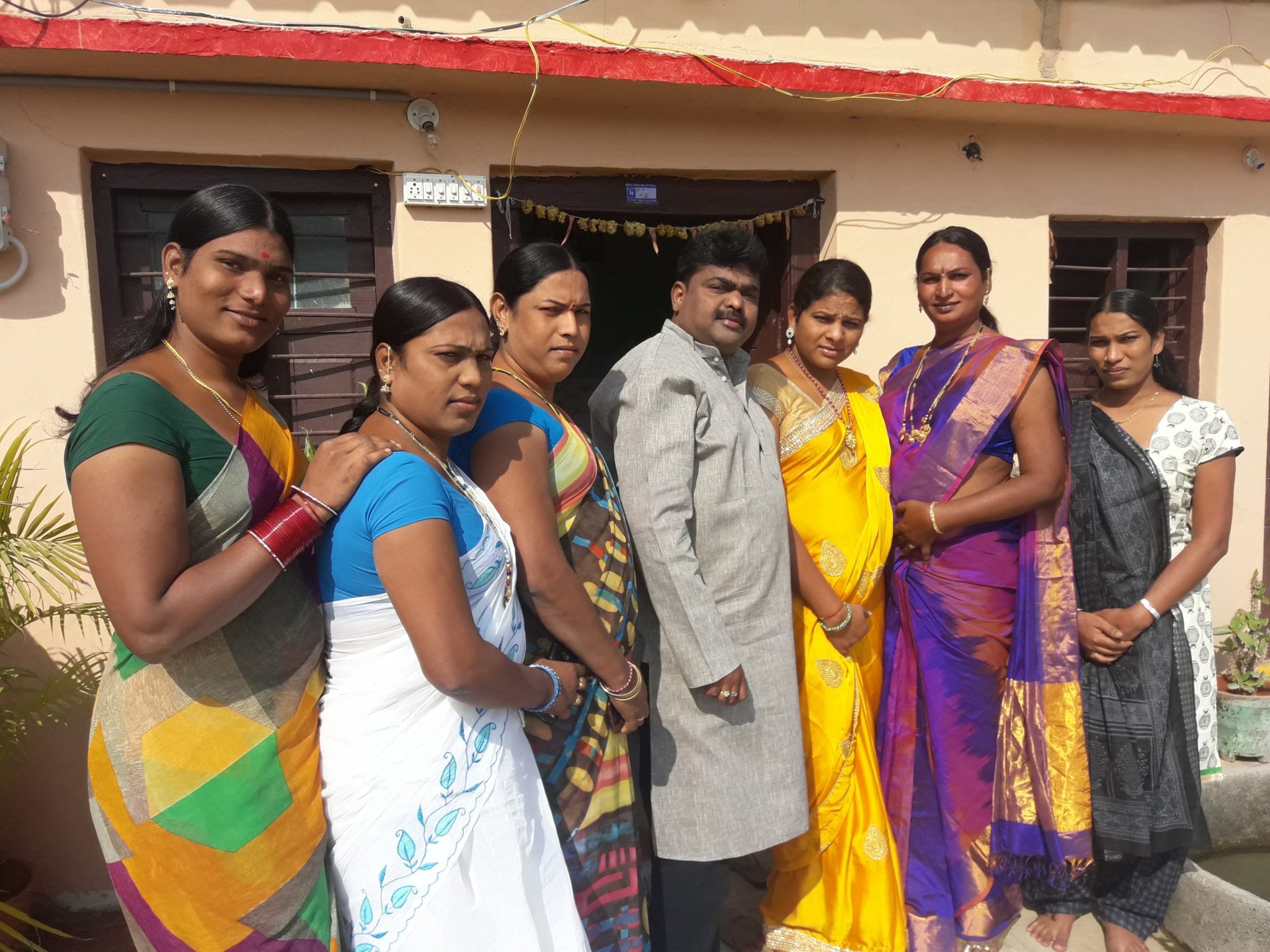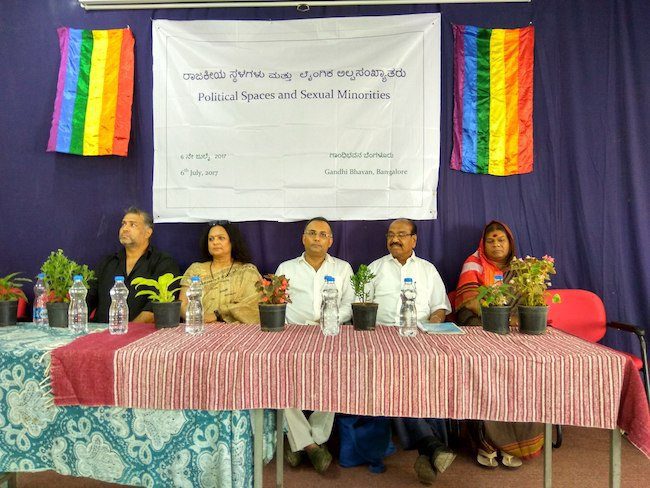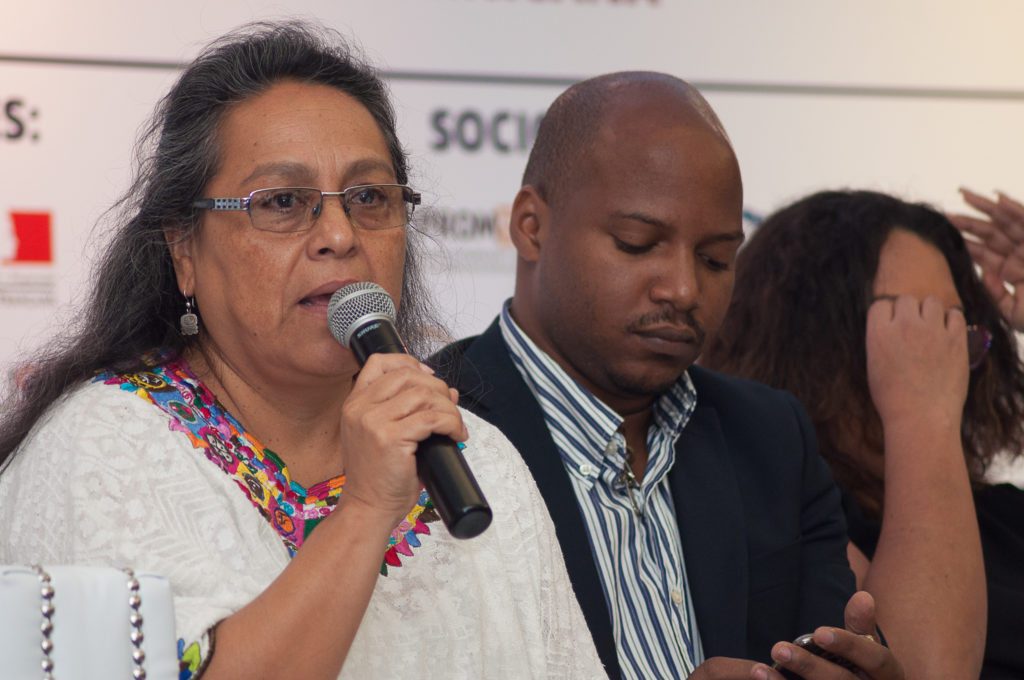
Above: Meeting on impacts of political and electoral reforms resulting from the implementation of the Peace Agreement on the Political Participation of the LGBTI Population August 24, 2017
After a week-long political convention in Bogota, the Colombian government has reached an agreement with the leftist National Liberation Army (ELN) rebels on a bilateral ceasefire starting October 1. The main leftist group, FARC, signed a peace accord with the government in November 2016, and it includes provisions for LGBTI inclusion within government.
The ceasefire will run for an initial 102 days through January 12, 2018 and will be renewed if progress continues to be made in negotiations between both sides. The announcement was made by the Colombian President, Juan Manuel Santos. “The priority is to protect citizens, so during this period, kidnappings, attacks on oil pipelines and other hostilities against the civilian population will cease,” he said.
The peace agreement has had a contentious history, with Colombians rejecting a deal in a referendum. This endangered the efforts to stop the more than 40 year old conflict and the work to address the violence and inequalities. Ultimately, the government and the opposition reached a deal.
Victory Institute and our partner in Colombia, Caribe Afirmativo have been working to help political parties prepare to implement the peace agreement’s provision on boosting political participation of women and LGBTI people. Both organizations, in collaboration with Friedrich Ebert Stiftung en Colombia (FESCOL), National Democratic Institute (NDI), and Netherlands Institute for Multiparty Democracy (NIMD), have organized several meetings and events with representatives from different political parties to listen to their ideas, and share a briefing document with concrete recommendations to implement that mandate.


